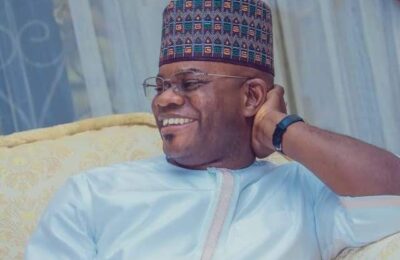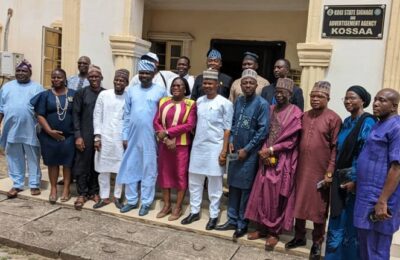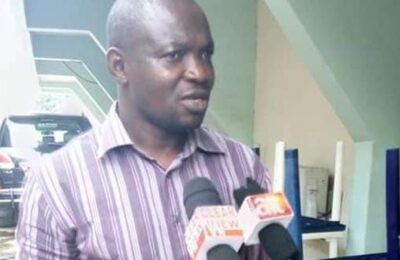Despite praise for the president’s anti-graft campaign, perceived corruption remains high in Nigeria, especially in the public sector, a recent Afrobarometer survey indicates. The police are perceived as the most corrupt and least trusted among key public institutions.
Although most Nigerians think they can make a difference in the fight against graft, many still fear retaliation should they report an incident of corruption. The survey also reveals a widespread perception that authorities will not take appropriate action when corruption is reported.
In spite of President Muhammadu Buhari’s anti-graft initiatives, which have earned him recognition from the African Union as an anti-corruption champion, the nation still ranked 136th (out of 176 countries) on Transparency International’s Corruption Perceptions Index and continues to grapple with corruption scandals amid calls for fiscal transparency and accountability in governance.
Key findings:
– Nine out of 10 Nigerians say at least “some” public officials are corrupt. The police are seen as most corrupt; 69% of citizens say “most” or “all” police officials are corrupt, followed by members of the National Assembly (60%) and local government councillors (55%). High perceptions of corruption are matched by high public mistrust (see Figure 1).
– Among Nigerians who sought key state services last year, large proportions say they paid bribes to receive police assistance (68%), avoid problems with the police (44%), or get government documents (38%), water or sanitation services (34%), or medical care (20%) (see Figure 2).
– Corruption is the fifth most important problems that Nigerians want government to address. About one-fourth (23%) of respondents mention corruption among their three priority problems – well behind unemployment (53%) and management of the economy (35%) but ahead of electricity (21%), agriculture (16%), and education (15%) (Figure 3).
– There is the widespread perception that authorities will not take appropriate action when corruption is reported. More than two-thirds (68%) of Nigerians say it is “not at all likely” (42%) or “not very likely” (26%) that the authorities will take action if they report corrupt behaviour, such as misuse of funds or requests for bribes by government officials, police, or school or clinic staff (Figure 4 ).
– Six in 10 Nigerians (59%) say the government is performing “fairly well” or “very well” in fighting corruption – almost three times as many as gave a thumbs-up in 2015 (21%) (Figure 5). However, Nigerians are evenly split (43% each) as to whether corruption has increased or decreased over the past year.
Afrobarometer
Afrobarometer is a pan-African, non-partisan research network that conducts public attitude surveys on democracy, governance, economic conditions, and related issues across more than 35 countries in Africa. Six rounds of surveys were conducted between 1999 and 2015, and Round 7 surveys (2016/2018) are currently underway. Afrobarometer conducts face-to-face interviews in the language of the respondent’s choice with nationally representative samples.




